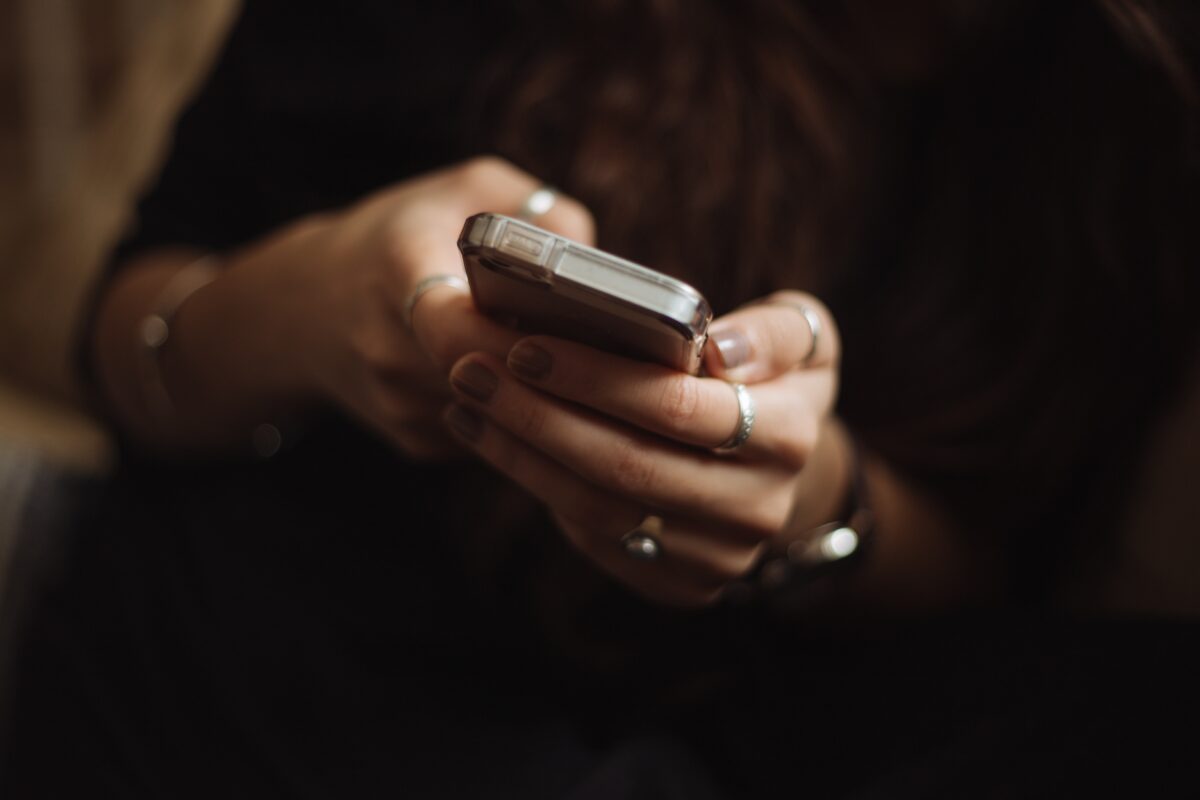Activism is weird. Like, you do things to change minds, policies, laws, lives. To do that, you need to raise awareness. Your own connections, circles and networks are some quick ways to reach people who are more likely to listen out of some social obligation or personal interest in knowing about your interests.
When activism becomes about personal audiences, though, it’s problematic.
My activism, by and large, permeates every aspect of my life. Work, uni, down time. I spend a lot of time thinking about injustices and ways to change current broken systems. I have posted on social media about many of these things a lot. But as I try to figure out what a healthy relationship with social media looks like (or, indeed, if such a thing is possible), I am inclined to step away from posting about activism so much.
It feels counter-intuitive at first, but a truth I’m trying to ingrain so I feel less pressured to *perform* for those who follow, or are friends/connections on my various social media platforms is that no one is entitled to any part of me. That includes my activism. The petitions I sign, the private conversations I have, the learning I’m doing – what I do does not automatically come with a broadcast notice. Even though such broadcasting does encourage change, action and thinking from others. It’s not my responsibility alone to share what’s happening in my life. That goes for all things, but I find with activism the boundary is much harder to identify because – perhaps down to anxiety or an over-inflated ego – I have been under the impression that people sometimes hold me to a higher account than others.
Accountability is really important for ensuring promises are kept, demands are met and laziness doesn’t creep in when it’s convenient or there’s a lull in louder conversations. Many lulls happen due to burn out after an initial all-out push and an unsustainable approach to long-term activism goals and systemic changes. Nothing happens overnight. Many conversations happen in more private spaces, so it’s harder to see action that’s occurring in the background. Sure, regular updates and proof of progress and commitment are a good option, but some of these conversations are slow going, depending on the players involved.
Social media becomes a hotbed of accountability, limited-context performativity and (mis)judgement. That’s true of any activity posted on social media – think about how many pals who’ve ignored or broken lockdown rules that you’ve raised an eyebrow at, despite not really knowing the full details.
I’m still learning that there is often far more to any given situation than meets the eye. It’s a lesson I’m trying so hard to internalise and naturalise in my initial reaction catalogue. It hasn’t happened yet, but we’re getting there. I’m practicing a more individualistic approach – pause, reflect and analyse with kindness. We have no real clue what’s going on in anyone’s lives, and we’re all painfully aware of the reality-adjacent filters that everyone projects to perform or portray themselves in a particular way (consciously, habitually or subconsciously).
Personally, I have been stepping back my activism posting. The last 2 weeks I’ve been on holiday so – as much as I could – I dialled down the active work and let my brain mull over some thoughts and ideas in the background. It has been an enlightening fortnight for many reasons, but I realised the pressure I felt to share the learning I was doing, the active protesting I was involved in through petitions and the people I’ve been in conversation with about various issues was STRONG. Sharing that information would make little difference at this point – I was performing to prove I could be held accountable for outcomes yet to be achieved. Performative allyship in activism is a tricky bugger to understand or spot in your own behaviour. Overcoming it relies on longevity in your commitment to a given cause you’ve engaged with and a deeper than surface level desire to see justice served – however that might be done.
In writing this blog post, I feel like in a way I’m doing what I wanted to on social media – explain my perceived inaction and justify my social media silence. But I also wanted to acknowledge that this is an ongoing process and learning curve for me. In my position of privilege and with my weird relationship with social media, it’s important I reflect on my actions – even when the action is the decision to not post. There’s no correct way to approach activism or how much you share of yourself online. I’m finding I want to share less at the moment and that will undoubtedly change at some point. The peaks and troughs in content and engagement with platforms will no doubt continue to shape my digital activism, work, research and socialising. I just hope I continue to hold myself accountable and rely less on how others might perceive my activity to judge or justify my posting to any social media, for any reason.
